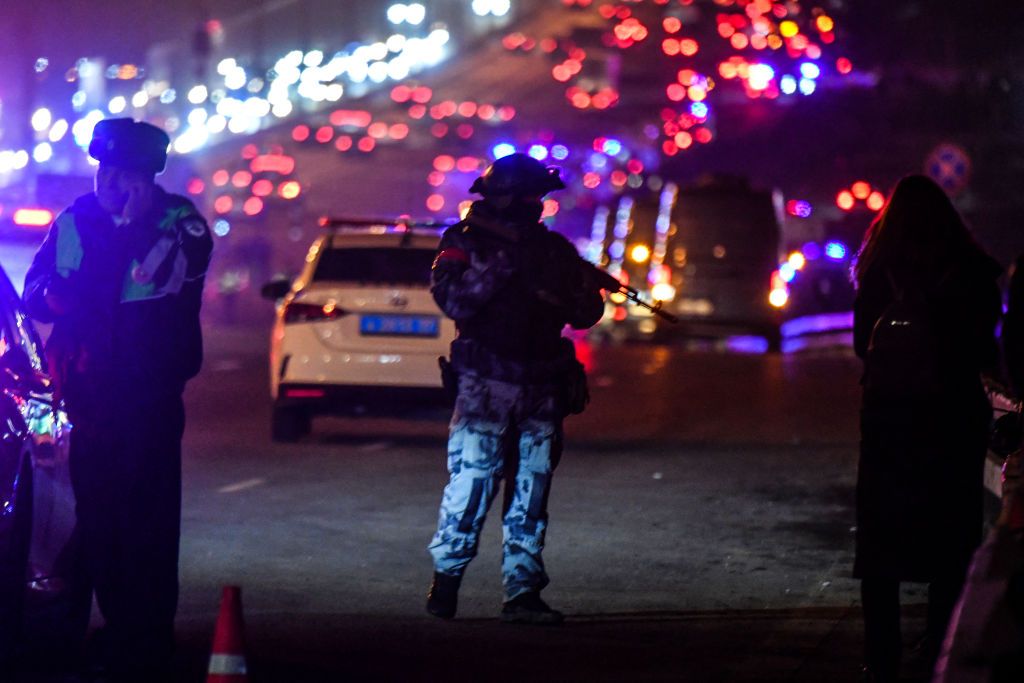The Federal Security Service (FSB) of Russia stated that they were warned by U.S. special services about the preparation and threat of a terrorist attack in Russia, but the information was deemed “general” and not confirmed at the time. Despite this, several gunmen opened fire at the Crocus City Hall in Krasnogorsk, a Moscow suburb, during a concert on March 22, killing 139 people. The Islamic State claimed responsibility for the attack and released footage from inside the venue. The U.S. Embassy in Russia had issued a warning on March 7 about potential extremist plans to target large gatherings in Moscow, leading to other countries issuing similar statements.
Russian President Vladimir Putin initially attempted to connect the attack to Kyiv, with claims that the detained suspects planned to flee to Ukraine. He later acknowledged that radical Islamists were responsible for the attack but still alleged that Ukraine was involved, without providing evidence. The White House denied any indication that Ukraine was behind the Moscow attack. A Moscow court charged four men from Tajikistan with committing an act of terrorism, and three more suspects were ordered into pre-trial detention for their alleged involvement in the attack. Photos and videos of the alleged torture of the suspects have been widely circulated on Russian social media.
The response to the terrorist attack in Moscow and the subsequent alleged torture of the suspects follows a pattern of human rights abuse in Russia. The spread of images and videos depicting the torture of the suspects raises concerns about the treatment of individuals in custody and the potential violations of their human rights. The international community has condemned the attack in Moscow, with many countries issuing statements of solidarity with the victims and calling for a thorough investigation into the incident. The dissemination of information about the attack and the treatment of the suspects highlights the importance of independent journalism in providing accurate and unbiased reporting on such events.
The incident in Moscow underscores the ongoing threat of terrorism in various parts of the world, including Russia. The attack serves as a reminder of the need for increased security measures and vigilance in identifying and preventing potential threats. The involvement of international intelligence agencies and the cooperation between countries in sharing information about possible terrorist activities are crucial in addressing the global challenge of terrorism. The role of independent journalism in reporting on these issues and holding governments and security agencies accountable for their actions is essential in promoting transparency and upholding human rights standards.
The investigation into the terrorist attack in Moscow and the treatment of the suspects will likely continue to unfold, shedding light on the circumstances surrounding the incident and the individuals involved. The alleged torture of the suspects raises questions about the due process and the treatment of individuals in custody, highlighting the importance of ensuring that all individuals are afforded their rights and treated humanely. The international community’s response to the attack and the subsequent developments will play a key role in shaping the narrative around the incident and holding those responsible accountable for their actions. Support for independent journalism in Ukraine and other countries facing similar challenges remains crucial in uncovering the truth and promoting accountability in situations of crisis and conflict.


